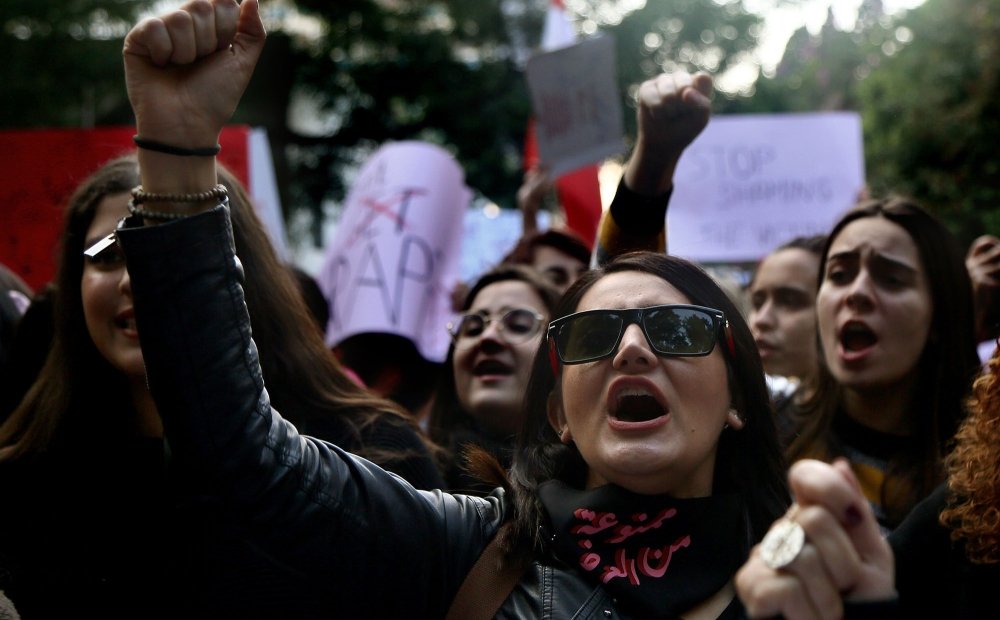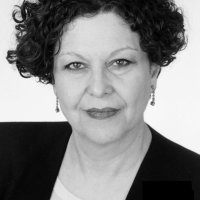Book Talk: "Women Rising: In and Beyond the Arab Spring"

As the world could see, women appeared at the forefront of the uprisings and protests from 2010 to 2014 known as the Arab Spring while women rose up in a second round of massive public activism four years later in still other Arab countries. In a book just out, Women Rising: in and Beyond the Arab Spring, women share stories and analyses of their experience on the ramparts in the recent revolts. They look, as well, at the before and after of the recent uprisings revealing the long arc and diverse expressions of Arab women’s political, social, and cultural engagement. Women Rising is a precious and enlightening compendium that will give rise to much reflection and debate and offer a look at women’s earlier historical experience of activism and their ongoing participation in trying to build new societies in challenging contexts.
Women Rising: In and Beyond the Arab Spring
Selected Quotes
Margot Badran
“It is also critical, as what the pieces in this collection of, by, and about women in the Arab Spring do is to provide content and detailed accounts of intersectional demands for dignity and social justice made across lines of gender, of religion, and of identity. They give us ... a very fine-grained sense of detail, and this is what the pieces in the book do for us.”
Rita Stephan
“The idea of women rising is the idea that women continue to rise. They were rising in the past, they continue to rise today – we see women leading the protests in Lebanon, last year it was in Sudan, and in Iraq, in Algeria; and whether in protests or participating in conventional politics, women have shown to the world that they are finally claiming the space that they have always had – now, they have an opening.”
“This is a book by women voices to highlight that women have been rising, continue to rise, and that they have to be taken into consideration whenever we make policy about women's rights, protecting women, and empowering women. We’ve really got to hear their voices and see what they’re asking for, what they’re doing.”
Mounira Charrad
“With the agency of women around the Arab Spring, we see a change in the MENA region. Historically speaking, we see a change from politics from above to politics from below… Most of our countries come from a history of some states expanding women’s rights, usually for political interest… The change with where we are now is a transformation from what some have called state feminism, what I just called politics from above, to the role of feminist acitivists.”
Speakers

Honorary Fellow, Prince Alwaleed bin Talal Center for Muslim Christian Understanding, Georgetown University


Introduction

Hosted By

Middle East Program
The Wilson Center’s Middle East Program serves as a crucial resource for the policymaking community and beyond, providing analyses and research that helps inform US foreign policymaking, stimulates public debate, and expands knowledge about issues in the wider Middle East and North Africa (MENA) region. Read more


Middle East Women's Initiative
The Middle East Women's Initiative (MEWI) promotes the empowerment of women in the region through an open and inclusive dialogue with women leaders from the Middle East and continuous research. Read more
